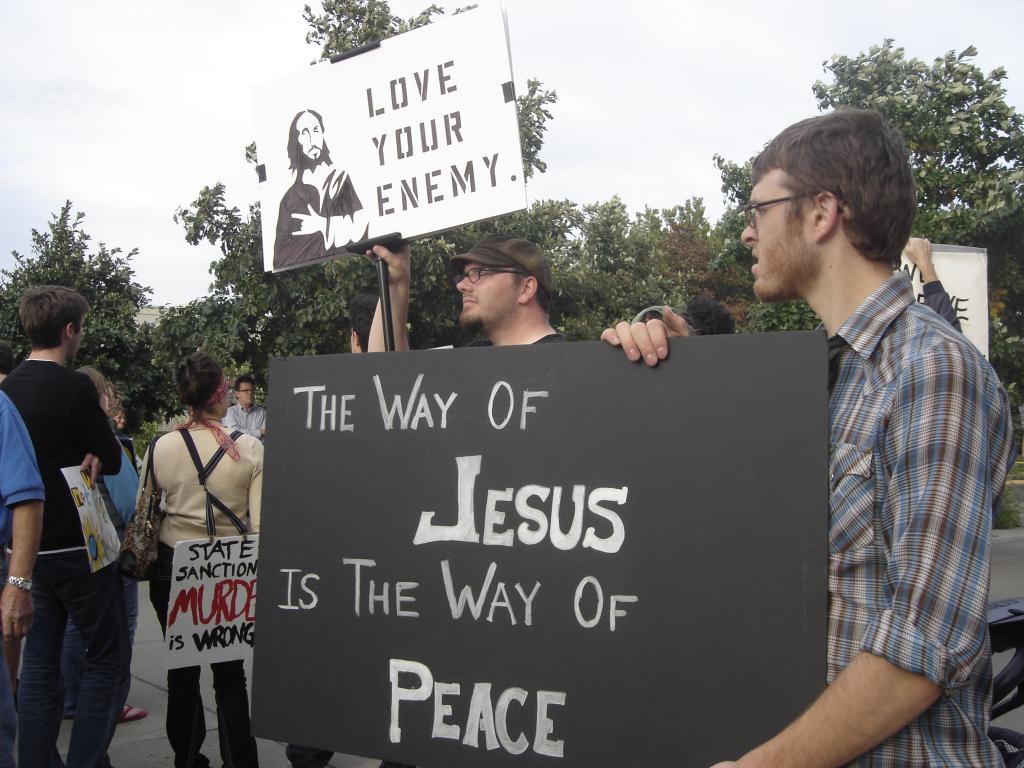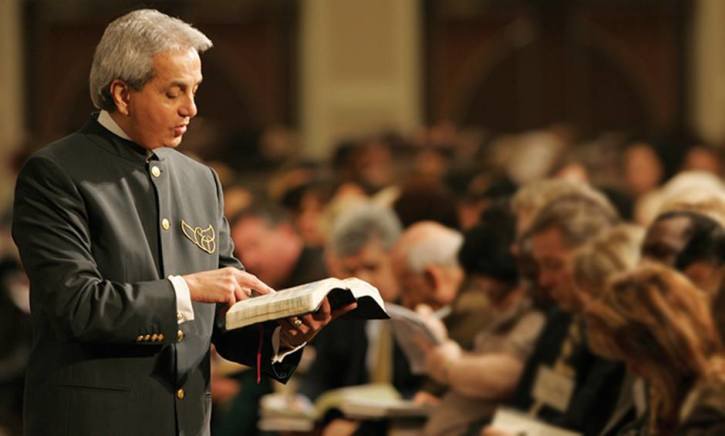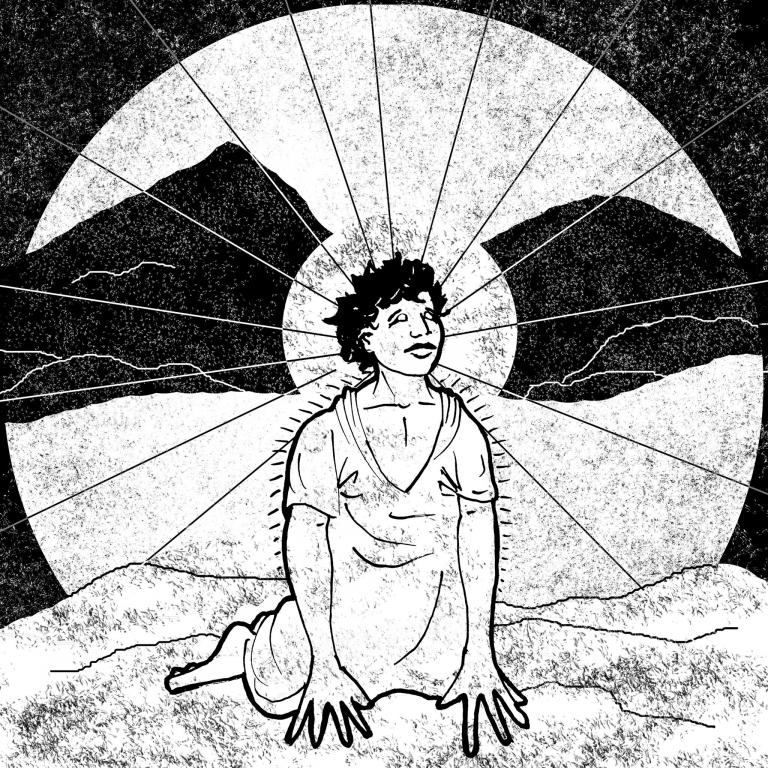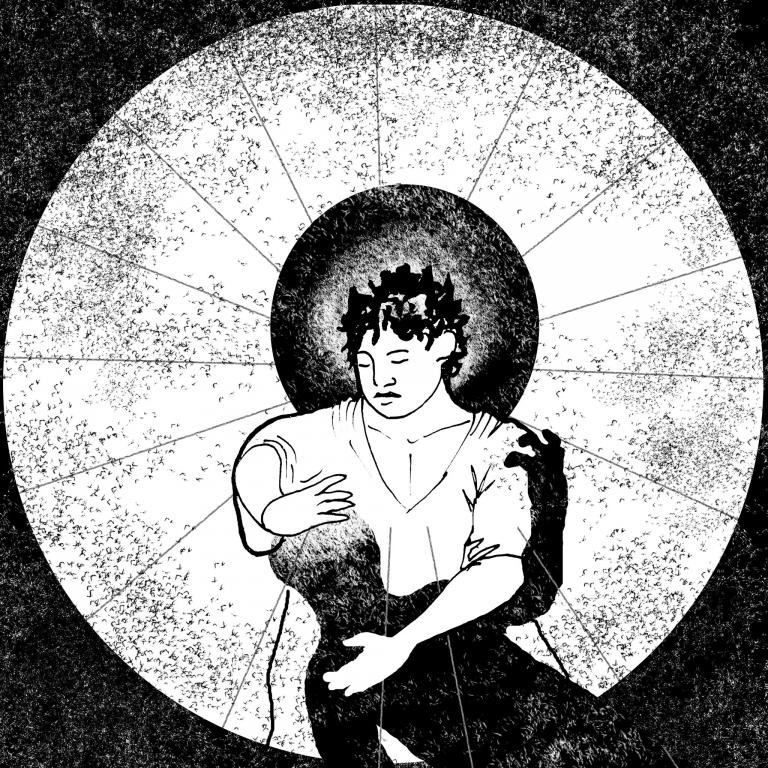
“You brood of vipers! Who warned you to flee from the wrath to come? Bear fruit worthy of repentance. Do not presume to say to yourselves, ‘We have Abraham as our ancestor’; for I tell you, God is able from these stones to raise up children to Abraham. Even now the ax is lying at the root of the trees; every tree therefore that does not bear good fruit is cut down and thrown into the fire.” (Matthew 3:7b-10)Being a “radical” disciple meant confronting and opposing Empire. It was an inner scream against injustice. It meant uprooting oppression. And being a radical “disciple” meant doing that first bit like Jesus. Predictably, I was on the fast track to breakdown. And it didn’t come all-at-once. It was a four year process of crisis and exhaustion from which I’m still recovering. You see, I kinda had it wrong. I thought “radical discipleship” was a performative thing. Something you strive for. Something external to me to which I must conform. It was work, exhausting work, and I assumed that if I pushed hard enough, it would all click. Somewhere in the early days of burnout, when my soul knew it was starving, I read these words from Simone Weil: “Whoever is uprooted himself uproots others. Whoever is rooted himself doesn’t uproot others.” (from the The Need for Roots) I knew what I was experiencing was a deep feeling of uprootedness. I didn’t feel firmly planted. I was spiritually malnourished. I was trying to live up to a radical blueprint, one that had been reinforced by hundreds of stories about radical heroes. I was trying to conform to an image outside of myself. And I was falling short. I wanted to embrace simplicity like Saint Francis. Welcome the unhoused like Dorothy Day. Protest like a Berrigan. Organize like Dr. King. And, in all things, love like Jesus. But you can’t make yourself into these things. Instead, I found myself increasingly resenting the affluent, hiding in my room from house-guests, becoming cynical about activism, and unable to even really love myself. I wish I knew as a late 20s seminarian, what I know now: to be a radical disciple is to be rooted like Jesus, rooted IN Jesus. A radical discipleship that is merely performative, one that is animated only by a desire to do everything right and oppose everything wrong is an uprooted discipleship. Radical discipleship needs deep roots. It must be animated by the Spirit, who give us life. Please understand. I’m not saying (as so many do) that the struggle for justice is secondary to our personal spirituality. Nor am I saying that attending to our spiritual life, by some divine magic, will automatically transform us into radical practitioners. No, what I am saying is that our radical discipleship must be transformative, not just performative. Radical discipleship is about discernment, not following a script. Radical disciples aren’t simply trying to be LIKE Jesus. Rather we try to do the work along with Jesus. Radical discipleship flows out of love of God, the land, and people (including ourselves) for these are where we put down roots.











